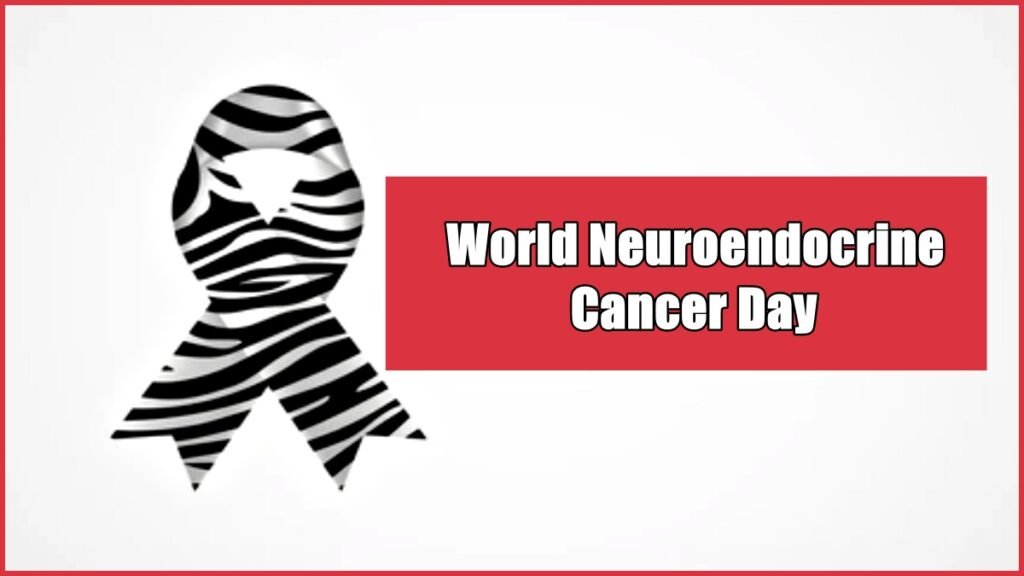
Cancer remains one of the deadliest diseases worldwide, impacting millions annually, and while treatments exist, the disease continues to be a significant health challenge. Among the numerous types of cancer, neuroendocrine cancer is lesser-known but highly impactful. Each year, on November 10, World Neuroendocrine Cancer Day is observed to raise awareness about this rare cancer type and its early detection, diagnosis, and treatment. The focus of this observance is to highlight neuroendocrine tumors (NETs) and encourage timely action to reduce the number of cases globally.
Understanding Neuroendocrine Cancer
Neuroendocrine cancer originates in the neuroendocrine cells, which have a dual function acting both as nerve cells and hormone-producing cells. These unique cells are responsible for sending and receiving signals throughout the nervous system and producing essential hormones. Neuroendocrine tumors can develop when these cells begin to grow uncontrollably, potentially affecting organs like the lungs, appendix, rectum, small intestine, and pancreas. Over time, these tumors can produce excess hormones, leading to cancer and causing a range of symptoms.
Symptoms and Challenges in Diagnosing NET Cancer
One of the complexities of neuroendocrine cancer is that its symptoms often resemble other conditions, making it difficult to diagnose early. Common symptoms include frequent urination, increased thirst, and dizziness, but these signs are easily overlooked, delaying diagnosis. NETs account for approximately 0.5% of all cancers and are more prevalent among women over 50. This delay in diagnosis contributes to many patients only learning about their condition in advanced stages, which significantly reduces the likelihood of a full recovery.
Available Treatments and the Importance of Early Detection
The treatment options for neuroendocrine cancer range from surgery to hormone therapy and chemotherapy, depending on the cancer’s stage and progression. Early detection is crucial, as studies indicate that nearly 46% of patients are diagnosed at an advanced stage, limiting treatment options. Raising awareness of NET symptoms and promoting early screenings could improve survival rates. The primary objective of World Neuroendocrine Cancer Day is to address this gap by enhancing awareness, supporting research for better treatments, and improving early diagnostic tools.
History and 2024 Theme: “Easily Overlooked – Take a Closer Look at Neuroendocrine Cancer”
World Neuroendocrine Cancer Day was established on November 10, 2010, by the World NET Community Steering Committee and has since been coordinated by the International Neuroendocrine Cancer Coalition (INCA). Each year, a specific theme guides global awareness efforts. This year, the theme, “Easily Overlooked: Take a Closer Look at Neuroendocrine Cancer,” emphasizes the need for vigilance in recognizing the subtle symptoms of NETs. This theme underscores the necessity of early attention and diagnosis, urging healthcare professionals and the public alike to pay close attention to symptoms that may initially appear minor.

Through awareness and education, World Neuroendocrine Cancer Day encourages a proactive approach to diagnosing and treating this rare cancer, aiming to save lives and improve the quality of care for those affected.










































